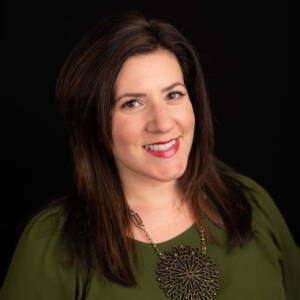The Community Foundation for Southern Arizona is teaming up once again with Tome Gnome, Tucson Agenda, and an excellent panel of local experts to host the seventh Solutions-Focused Community Book Club! Panelists include Jean Parker, Ph. D., founding Executive Director of the Colorado Cross-Disability Coalition; Kate Elliot, MSW, from the Autism Society of Southern Arizona; and Dr. Amanda Kraus, who serves as Executive Director of The University of Arizona’s Disability Resource Center.
This book club aims to bring together interested community members from all walks of life to bond over a shared desire to make our community better for all – and be inspired by a shared reading experience!
When: May 23, 2024 | 5:30 to 7:30 PM
Where: Community Foundation Campus
Book: Disability Visibility edited by Alice Wong
Fragrance can be an access barrier! To help make the Solutions-Focused Community Book Club accessible to participants for whom chemicals or fragrances are an access barrier, we request that you come fragrance-free. Please refrain from wearing any scented products or washing with them. This includes clothing that has been laundered with fragranced detergent or fabric-softening products.
Please RVSP using the form below. Light refreshments will be provided.


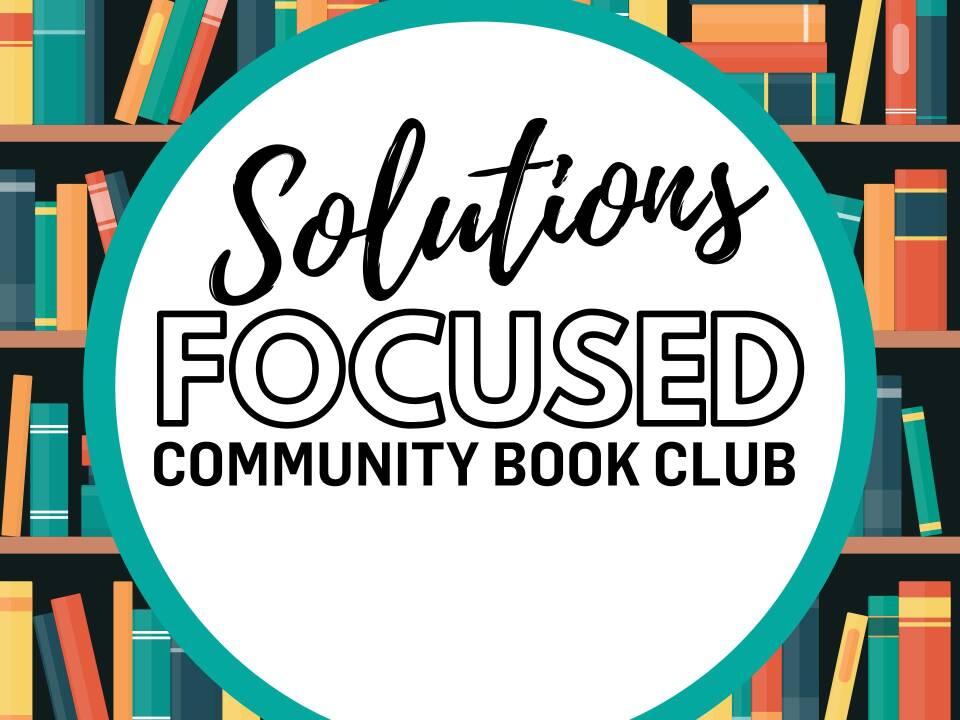
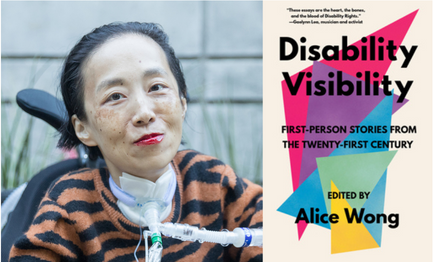 One in five people in the United States lives with a disability. Some disabilities are visible, others less apparent—but all are underrepresented in media and popular culture.
One in five people in the United States lives with a disability. Some disabilities are visible, others less apparent—but all are underrepresented in media and popular culture.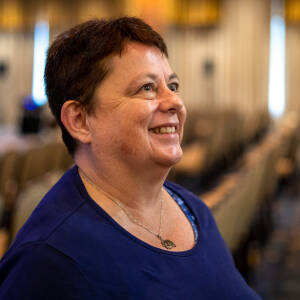 Jean Parker, Ph. D., is the founding Executive Director of the Colorado Cross-Disability Coalition, which has become one of the state’s most powerful lobbying groups. She currently serves on the Board of the National Federation of the Blind of Tucson and teaches nonprofit management and development practice at Regis University in Denver.
Jean Parker, Ph. D., is the founding Executive Director of the Colorado Cross-Disability Coalition, which has become one of the state’s most powerful lobbying groups. She currently serves on the Board of the National Federation of the Blind of Tucson and teaches nonprofit management and development practice at Regis University in Denver.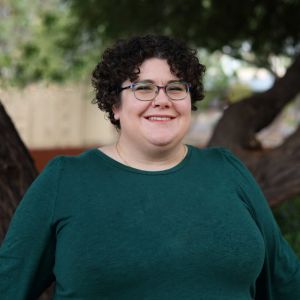 Kate Elliot, MSW, earned her Master’s in Social Work from the University of Chicago, specializing in Family Support. She managed a Family Support Program and later worked with families at the Domestic Violence Alternative Center at the Juvenile Courts. Katie works at the Autism Society of Southern Arizona, where she shares her experience with two children on the spectrum. She supports the families and individuals in their programs while strengthening the Autistic community, advocating and promoting Allyship in Southern Arizona.
Kate Elliot, MSW, earned her Master’s in Social Work from the University of Chicago, specializing in Family Support. She managed a Family Support Program and later worked with families at the Domestic Violence Alternative Center at the Juvenile Courts. Katie works at the Autism Society of Southern Arizona, where she shares her experience with two children on the spectrum. She supports the families and individuals in their programs while strengthening the Autistic community, advocating and promoting Allyship in Southern Arizona.